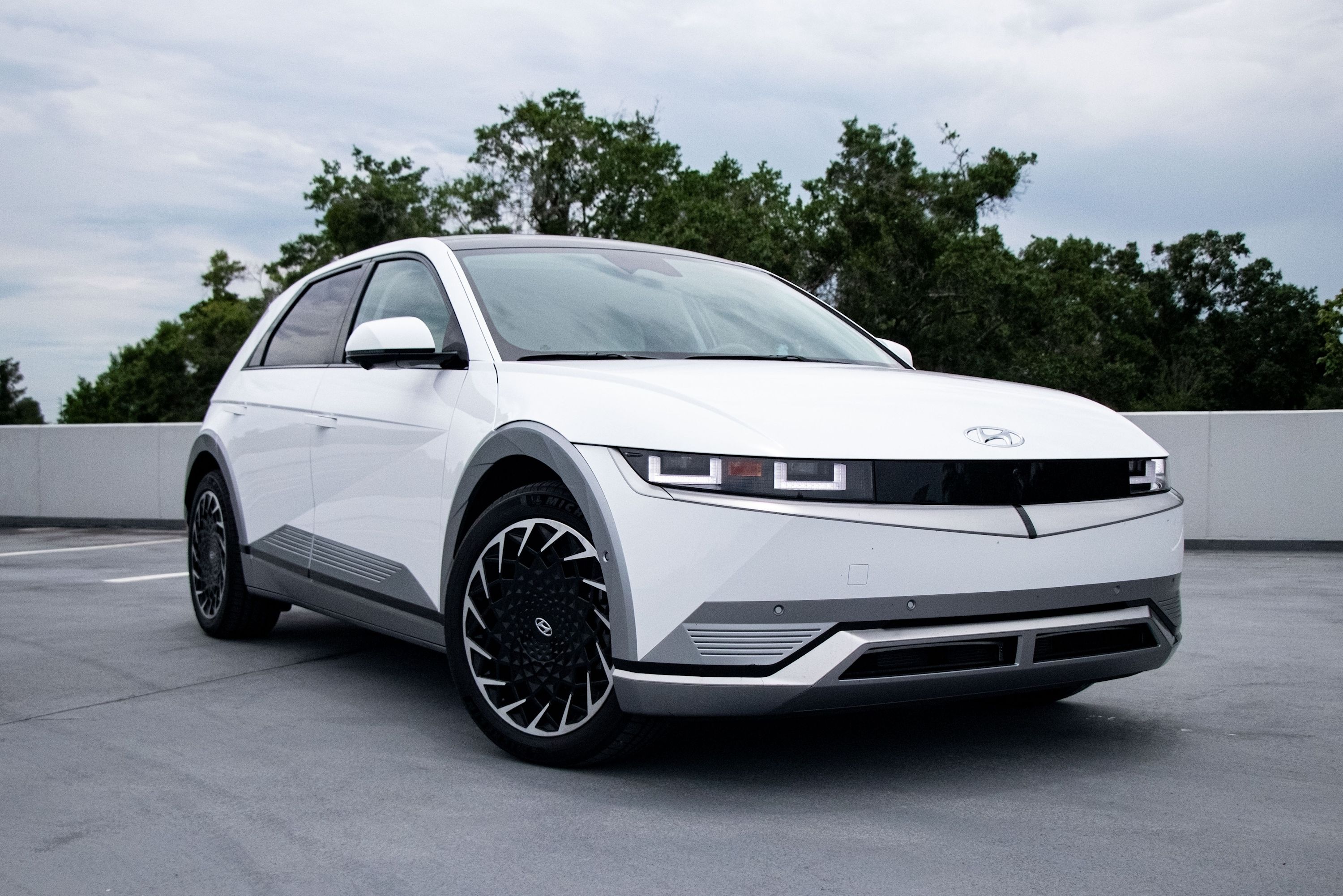
The entire world is working towards a cleaner future, and companies like Hyundai are diversifying to cover every angle possible. The Korean automaker is betting big on hydrogen and is constantly working on new electric vehicles like the Ioniq 5 too, but it is also one of the few companies looking to the future beyond EVs. In such a world, Hyundai imagines that we'll finally get the flying cars that have been a dream for mankind since the Fifties, but with so many different technologies to focus on, perhaps Hyundai won't be the one to bring this tech to the world.
A much more likely candidate seems to be Australian firm Alauda Aeronautics, a company that thinks the best way to make flying cars a reality is through the crucible of motorsport.
Alauda's technical team includes experts from Formula 1 and says that this racing series is the inspiration behind its philosophy. Think of the tiny but highly effective hybrid systems that were first seen on a large scale in F1. This remarkable technology was only made possible through rule changes in the sport that required such an innovation. Alauda says that motorsport is the perfect arena in which to accelerate the development of flying cars too. This is because in racing, the flying vehicles would have to safely fly in very close proximity, which is one of the challenges behind regulating flying cars in the real world.
To that end, Alauda says that it has created a "suite of technologies known as the 'Virtual Forefield', with these flights providing the first real-world trial of collision avoidance systems driven by [the] latest LiDAR and Radar technologies."
The team has made remarkable progress, creating a full-scale remotely piloted racecraft that is now providing "vital aerodynamic insight to engineers who were able to prove the flight stability of the world's only racing octocopters in close proximity at significant speed and with the application of aggressive turning angles."
Alauda's vehicles have been likened to F1 cars in their agility, and now that the test flights of two full-scale flying racing cars have been successfully completed, the vehicles are intended for a new racing series called the Airspeeder EXA Series. Another racing series will soon follow, with races taking place around the world in 2022.
In summary, Alauda has proven that flying vehicles are possible, and these electric VTOL (vertical take-off & landing) vehicles now can compete. Through close competition, the systems that prevent crashes between racers will be further developed in racing. Should this racing series for flying cars take off (ha!), perhaps manufacturers will get involved. If that happens, the development of flying vehicles should accelerate at a remarkable rate, ultimately bringing flying cars, taxis, and delivery vehicles to public skies sooner. There's plenty of incentive too, as Morgan Stanley predicts the eVTOL industry to become worth $1.5 trillion by 2040. Those flying cars from the Fifties are becoming a reality - it's just taking almost a century to achieve safely.
